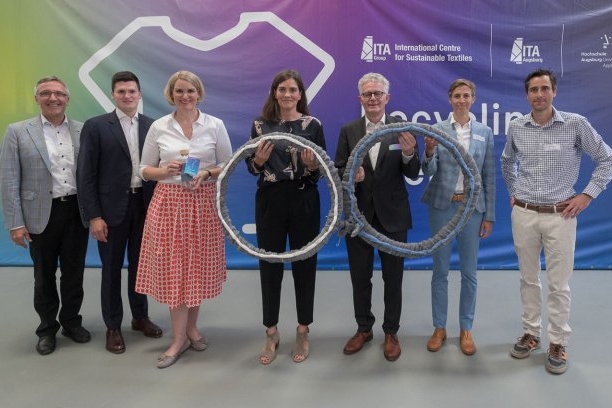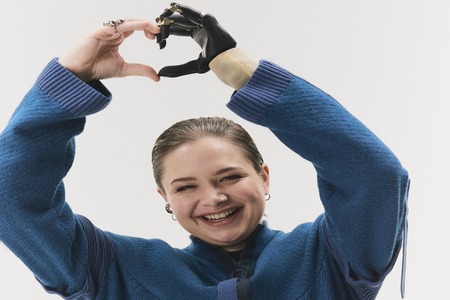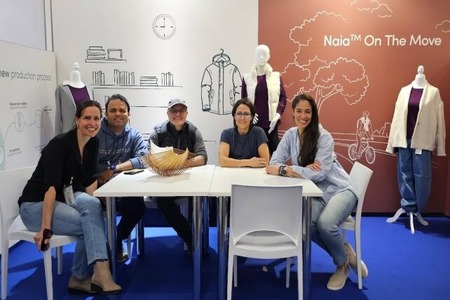
Recycling Atelier opens to develop circular solutions
YarnsandFibers News Bureau 2022-07-05 19:05:11 – GermanyAugsburg University of Applied Sciences and the Augsburg Institute of Textile Technology (ITA) have opened the Recycling Atelier as the first model factory dedicated to the research and development of sustainable material cycles throughout the entire textile production chain, in collaboration with industry partners.
Professor Stefan Schlichter, head of ITA Augsburg, said that the EU is pushing for the sustainable use of textiles by 2025, but the sector is far from meeting this goal. At the Recycling Atelier, they investigate technological and ecological significance, as well as commercial advantage. If this equilibrium is restored, new textile recycling may be expected to revitalize the regional and national textile value chain. This is a fantastic opportunity for the region's textile sector.
Nadine Warkotsch, president for research and sustainability at Augsburg University of Applied Sciences, said that they’re further developing their core competencies in practical research and knowledge transfer with the Recycling Atelier. It allows them to collaborate with its scientists on a highly relevant subject of their time: the value chain in the textile business, as well as manufacturing and automation.
The scientists are undertaking research on all stages of the textile recycling process, including material analysis, sorting, preparation, and processing, as well as product design. They are starting at model size and focusing on realistic production before scaling up to industrial production.
The Recycling Atelier is dedicated to the development of new products and processes for textile secondary raw materials, as well as the creation of concepts for the complete recycling of used textiles with the highest quality possible, both through integrated and high-quality recycling and cycle-oriented product design. The findings will eventually lead to the industrial application of recycling principles and the construction of a bridge to current business structures.
Companies spanning the whole value chain support the research and provide their industrial viewpoint and knowledge at every stage of the process. In a vast workshop space, the Recycling Atelier allows enterprises to test their products and create new concepts for sustainable textile production through direct exchanges.
One focus is on digitalization: new manufacturing methods will be enabled by high-quality and modern data gathering, processing, and evaluation, allowing the application of artificial intelligence in the field of machine learning and neural networks for the textile sector.
For example, ITA scientists are working on a mechanical method for sorting worn textiles. Today, practically everything is done by hand. Modern sensor technologies, robotics, and artificial intelligence are being tested in the Recycling Atelier.
Schlichter added that the national textile sector must not turn its back on the current challenges of digitization and artificial intelligence. As a result, the Recycling Atelier will make a substantial contribution to the industry's innovative strength.
Market Intelligence
Ask for free sample Report

experience
Customer Base
dedicated team
Countries Served Worldwide









